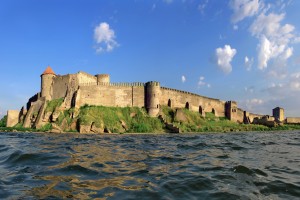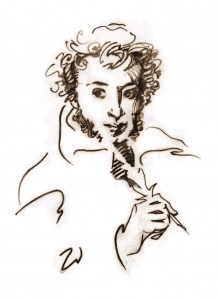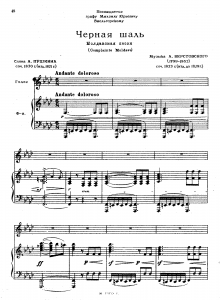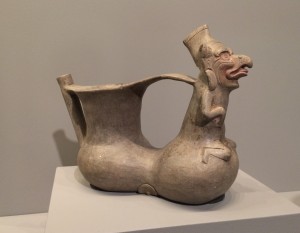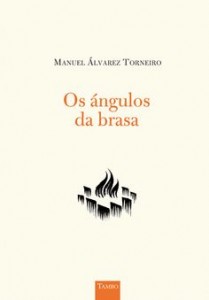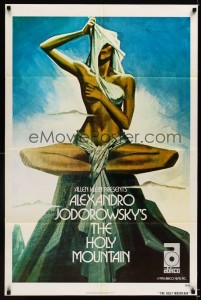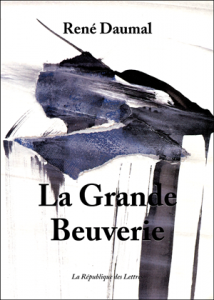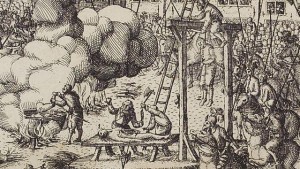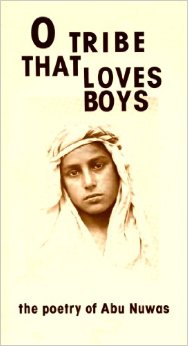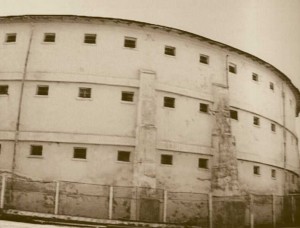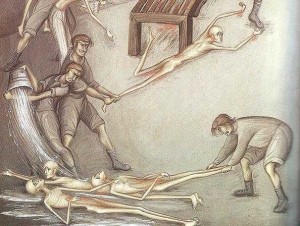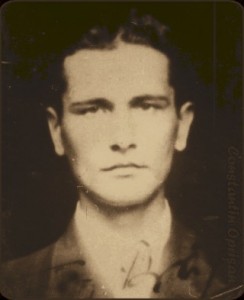Eulogy: Oriana Falacci and the Art of the Interview

Fallaci & Khomeyni, 1979
Oriana Falacci interrogates Ayatollah Khomeini for The New York Times Magazine at his home in Qom, Iran, October 1979.
(Photograph © Archivio Rizzoli)

US Secretary of State Kissinger
Oriana Falacci’s interrogations of leaders such as Kissinger and Qaddafi make today’s big-name interviewers look like powder puffs. Wondering when the questions got so soft, the author recounts his last visit with the tempestuous Italian journalist, who died in September, and her last, never-published scoop, a sit-down with the Pope.

Faalacci; Interview with History
Neither Kissinger nor “Americans” in general liked this passage when it appeared in all its full-blown absurdity in late 1972. In fact, Kissinger disliked it so much that he claimed to have been misquoted and distorted. (Always watch out, by the way, when a politician or star claims to have been “quoted out of context.” A quotation is by definition an excerpt from context.) In this case, though, Oriana was able to produce the tape, a transcript of which she later reprinted in a book. And there it is for all to read, with Kissinger raving on and on about the uncanny similarities between himself and Henry Fonda. The book is called
Interview with History.
 That title didn’t suffer from an excess of modesty, but then, neither did its author. People began to sneer and gossip, saying that Oriana was just a confrontational bitch who used her femininity to get results, and who goaded men into saying incriminating things. I remember having it whispered to me that she would leave the transcript of the answers untouched but rephrase her original questions so that they seemed more penetrating than they had really been. As it happens, I found an opportunity to check that last rumor. During her interview with President Makarios, of Cyprus, who was also a Greek Orthodox patriarch, she had asked him straight-out if he was over-fond of women, and more or less got him to admit that his silence in response to her direct questioning was a confession. (The paragraphs from Interview with History here are too long to quote, but show a brilliantly incisive line of interrogation.) Many Greek Cypriots of my acquaintance were scandalized, and quite certain that their beloved leader would never have spoken that way. I knew the old boy slightly, and took the chance to ask him if he had read the relevant chapter. “Oh yes,” he said, with perfect gravity. “It is just as I remember it.”
That title didn’t suffer from an excess of modesty, but then, neither did its author. People began to sneer and gossip, saying that Oriana was just a confrontational bitch who used her femininity to get results, and who goaded men into saying incriminating things. I remember having it whispered to me that she would leave the transcript of the answers untouched but rephrase her original questions so that they seemed more penetrating than they had really been. As it happens, I found an opportunity to check that last rumor. During her interview with President Makarios, of Cyprus, who was also a Greek Orthodox patriarch, she had asked him straight-out if he was over-fond of women, and more or less got him to admit that his silence in response to her direct questioning was a confession. (The paragraphs from Interview with History here are too long to quote, but show a brilliantly incisive line of interrogation.) Many Greek Cypriots of my acquaintance were scandalized, and quite certain that their beloved leader would never have spoken that way. I knew the old boy slightly, and took the chance to ask him if he had read the relevant chapter. “Oh yes,” he said, with perfect gravity. “It is just as I remember it.”

Bhutto
Occasionally, Oriana’s interviews actually influenced history, or at the least the pace and rhythm of events. Interviewing Pakistan’s leader Zulfikar Ali Bhutto just after the war with India over Bangladesh, she induced him to say what he really thought of his opposite number in India, Mrs. Indira Gandhi:
” a diligent drudge of a schoolgirl, a woman devoid of initiative and imagination.… She should have half her father’s talent!”
Demanding a full copy of the text, Mrs. Gandhi thereupon declined to attend the proposed signing of a peace agreement with Pakistan. Bhutto had to pursue Oriana, through a diplomatic envoy, all the way to Addis Ababa, to which she had journeyed to interview Emperor Haile Selassie. Bhutto‘s ambassador begged her to disown the Gandhi parts, and hysterically claimed that the lives of 600 million people were at stake if she did not. One of the hardest things to resist, for reporters and journalists, is the appeal to the world-shaking importance of their work and the need for them to be “responsible.” Oriana declined to oblige, and Mr. Bhutto duly had to eat his plate of crow. Future “access” to the powerful meant absolutely nothing to her: she acted as if she had one chance to make the record and so did they.

Interview in Tehran
Perhaps only one Western journalist ever managed to interview Ayatollah Khomeini twice. And from those long discussions we learned an enormous amount about the nature of the adamant theocracy that he was bent upon instituting. The second session was an achievement in itself, since Oriana had terminated the first one by wrenching off the all-enveloping chador she had been compelled to wear and calling it a:
“stupid, medieval rag.”
She told me that after this moment of drama she had been taken aside by Khomeini’s son, who confided in her that it had been the only time in his life that he had seen his father laugh.
Do you really remember any recent interview with a major politician? Usually, the only thing that stands out in the mind is some stupid gaffe or piece of rambling incoherence. And if you go and check the original, it generally turns out that this was prompted by a dull or rambling question. Try reading the next transcript of a presidential “news conference,” and see which makes you whimper more: the chief executive’s train-wreck syntax or the lame and contrived promptings from the press. Oriana’s questions were tautly phrased and persistent. She researched her subjects minutely before going to see them, and each one of her published transcripts was preceded by an essay of several pages in length concerning the politics and the mentality of the interviewee. She proceeded, as Jeeves used to phrase it, from an appreciation of “the psychology of the individual.” Thus, a provocative or impudent question from her would not be a vulgar attempt to shock but a well-timed challenge, usually after a lot of listening, and often taking the form of a statement. (To Yasser Arafat: “Conclusion: you don’t at all want the peace that everyone is hoping for.”)
There came a time when leaders would no longer submit to the risks of a sit-down with Fallaci. She diverted her energies, with some success, into the channel of fiction. And, more and more, she made it her business to point out what she had been picking up in the course of her voyages—that Islamism was on the march. There’s something almost premonitory about her novel Inshallah, which was inspired by the first Muslim suicide bombers in Beirut, in 1983. And as she drew nearer to death she decided that she wanted to be interviewed herself, and to be the Cassandra who warned of the wrath to come.
For all that, she hated doing any listening and was extremely bad at submitting to questions. I went to meet her last April in New York, where she kept a little brownstone, and was more or less told to my face that I might well be the last man on earth she would talk to. By then she had 12 different tumors and had been asked, rather reassuringly, by one of her doctors if she had any idea why she was still alive. To this she had an answer. She carried on living in order to utter rebukes to Islamists, and to make these rebukes as abusive and frontal as possible. Gone was the rather rawboned-looking young woman who had once had her share of romantic involvement with “Third World” and leftist guerrilla fighters. Instead, a tiny, emaciated, black-clad Italian lady (who really did exclaim “Mamma mia!” at intervals) ranged exhaustingly around her tiny kitchen, cooking me the fattiest sausage I have ever eaten and declaiming that the Muslim immigrants to Europe were the advance guard of a new Islamic conquest. The “sons of Allah breed like rats”—this was the least of what she said in a famous polemic entitled:

The Rage and the Pride
The Rage and the Pride, written in a blaze of fury after September 11, 2001, and propelled onto the Italian best-seller list. It got her part of what she wanted after the long and depressing retirement caused by her illness. She became notorious all over again, was the subject of lawsuits from outraged groups who wanted to silence her, and managed to dominate the front pages. When someone becomes obsessed with the hygiene and reproduction of another group, it can be a bad sign: Oriana’s conversation (actually there was no conversation, since she scarcely drew breath) was thick with obscenities. I shall put them in Italian—brutto stronzo, vaffanculo—and omit some others. As to those who disagreed with her, or who did not see the danger as she did, well, they were no more than cretini and disgraciatti. It was like standing in a wind tunnel of cloacal abuse. Another bad sign was that she had started to refer to herself as “Fallaci.”

Oriana Fallaci @ 40
All her life she had denounced clericalism and fundamentalism in every form, yet now her loathing and disgust for Islam had driven her into the embrace of the Church. She had, she told me, been given one of the first private audiences with the new Pope, whom she referred to as “
Ratzinger.”
“He is adorable! He agrees with me—but completely!” But, beyond assuring me that His Holiness was in her corner, she would tell me nothing of their conversation. Four months later, almost at the exact moment when Oriana was dying, the Pope did deliver himself of the celebrated speech in which he flailed on about the medieval objections to Islam and managed to set off a furor that moved us a little closer to a real clash of civilizations. This time, though, we did not have the Fallaci version of his views, nor the pleasure of seeing him have to explain or defend himself to her. She managed a final “big get,” and then kept it all to herself.

Ratzinger: Falacci’s last interviewee
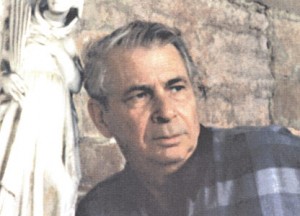 SHORT BIO: Alexandru LUNGU was born on 13 aprilie 1924, at Cetatea Albă, Bessarabia, then in Romania, now in Ukraine. A refugee from a land occupied by the Soviet Union, Lungu lived his childhood and early adolescence, with his family drifting from town to town: Buzău, Sibiu, Braşov, Cluj, Năsăud, before finally settling in Bucharest.
SHORT BIO: Alexandru LUNGU was born on 13 aprilie 1924, at Cetatea Albă, Bessarabia, then in Romania, now in Ukraine. A refugee from a land occupied by the Soviet Union, Lungu lived his childhood and early adolescence, with his family drifting from town to town: Buzău, Sibiu, Braşov, Cluj, Năsăud, before finally settling in Bucharest.
